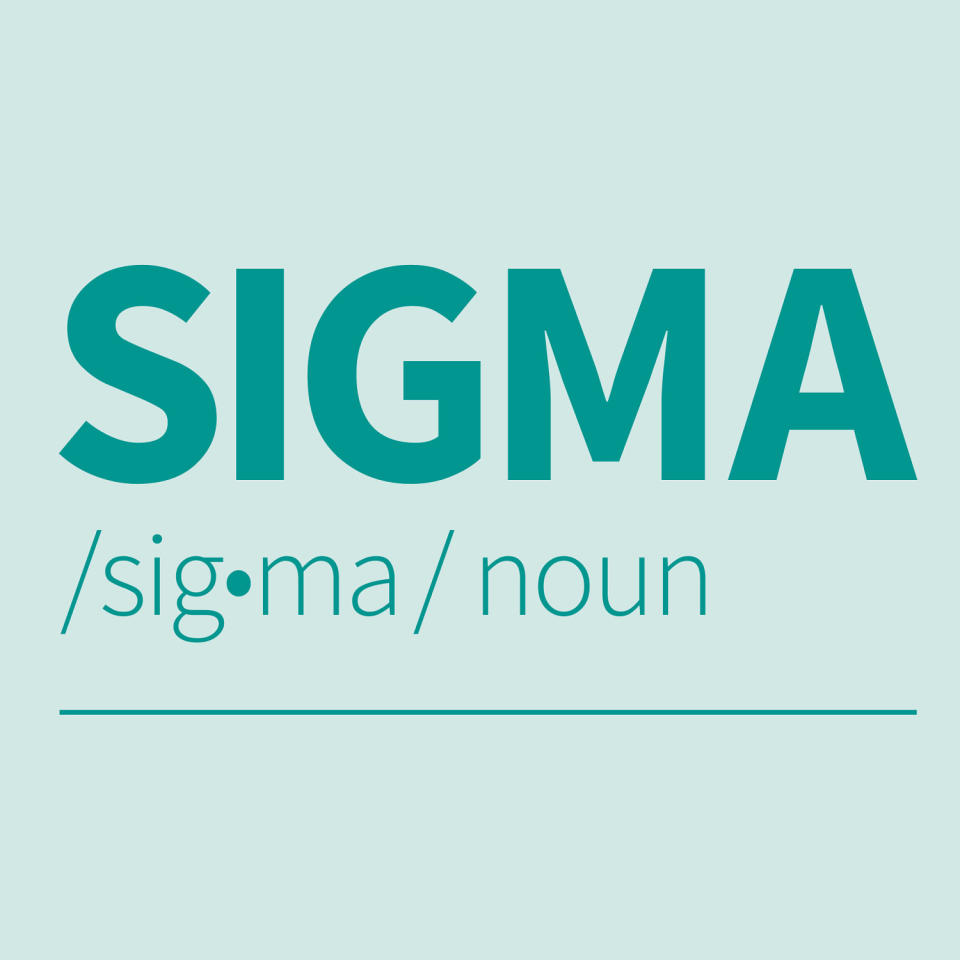What do teens mean when they say ‘sigma’?
What the sigma?
Some know “sigma” as the 18th letter of the Greek alphabet but it’s also teen slang for a cool dude.
According to Know Your Meme, sigma is “referring to a supposed classification for men who are successful and popular, but also silent and rebellious.” Sigma males are “considered ‘equal’ to Alphas on the hierarchy but live outside of the hierarchy by choice,” reads the website.
Urban Dictionary adds that sigma “is what all 10 year olds think they are.” As reported by British GQ, the word “sigma” was born from the misogynistic “manosphere.”
What does ‘sigma’ mean?
Philip Lindsay, a special education math teacher in Payson, Arizona, broke down “Sigma” on TikTok.
“There’s this group of people who have this hierarchy for males — there’s ‘alpha’ and there’s ‘sigma,’” Lindsay said in a video. “This is a group of people that mainly ranks males based on looks, success, that whole thing.”
Lindsay added, “So they have the ‘alpha’ which is the most successful, the best looking and then they have ‘sigma’ which is the same thing as an alpha but humbler.”
Another definition for “sigma” says Lindsay, is “the best.”
“Kids use Alpha and Sigma interchangeably,” Lindsay tells TODAY.com. “They don’t make much of a distinction between being humble or not, even though that’s (technically) the definition.”
Lindsay clarifies, “Beta is an insult. (It means) ‘You’re inferior to me and I’m better than you.'”
‘What the sigma?’
According to Lindsay, “What the sigma?” is traced to a SpongeBob SquarePants internet meme (which a spokesperson of Nickelodeon tells TODAY.com is fan-created).
In the video, Squidward and SpongeBob, characters from the cartoon show “SpongeBob Squarepants,” watch footage of a waffle cone dipped in chocolate syrup and sprinkles.
“That looks insane,” said SpongeBob in the video.
“That also looks very unhealthy,” replied Squidward, stating, “Erm, what the sigma?”
Lindsay said “sigma” is from the same culture as mewing and looksmaxing, trends — according to the New York Times — that claim to help teens look better.
One example of “Looksmaxing” is “Mewing”: teens flatten their tongues to the tops of their mouths, to supposedly eliminate a double chin, a method that American Association of Orthodontists says is not scientific. The teen version of “mewing” is a “hush” symbol and touching the jawline to mean, “I can’t talk.”
Lindsay tells TODAY.com that “sigma” is a classroom trend.
“They say, ‘Are you sigma Mr. Lindsay?’ or ‘Yo, that’s so sigma’ when I do something that pleases them like (assigning) math problems (to solve) with an online game,” he says, adding that in his classroom, “Sigma is going strong.”
This article was originally published on TODAY.com


